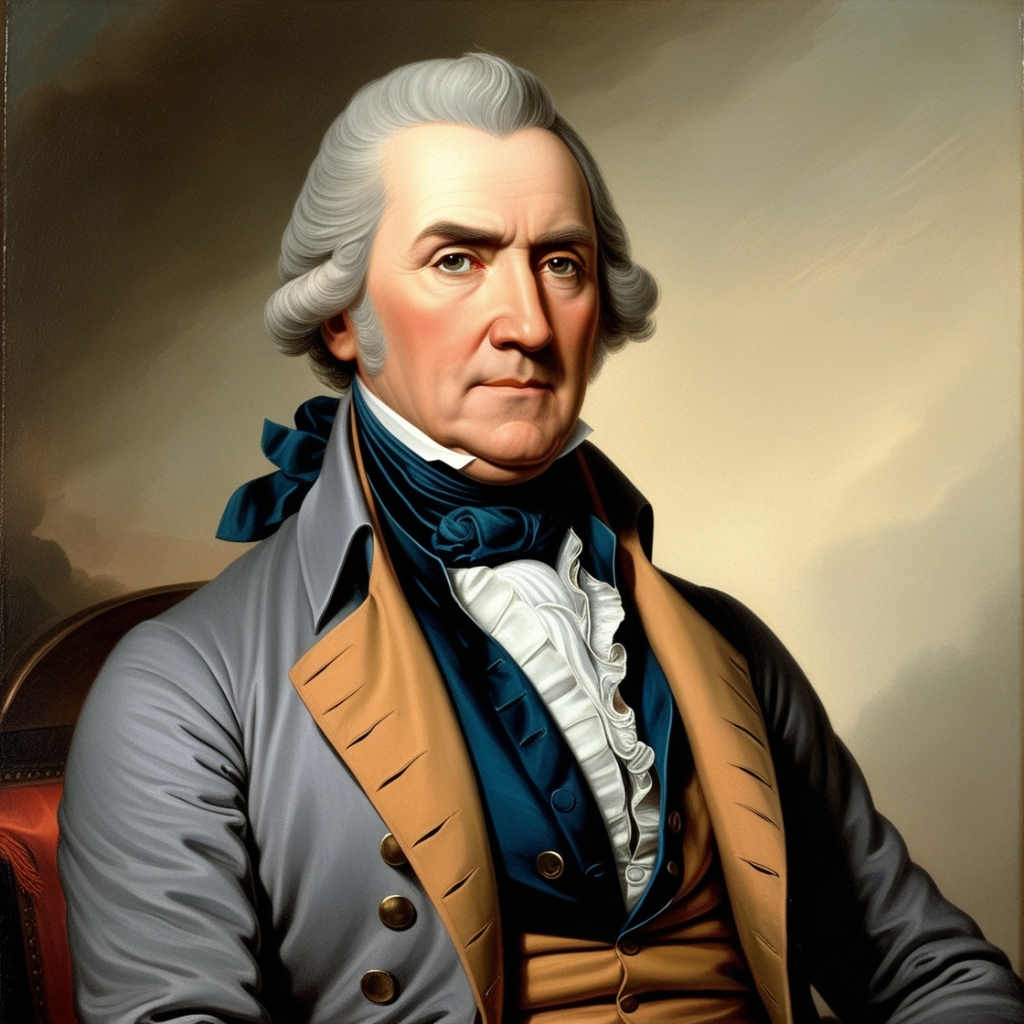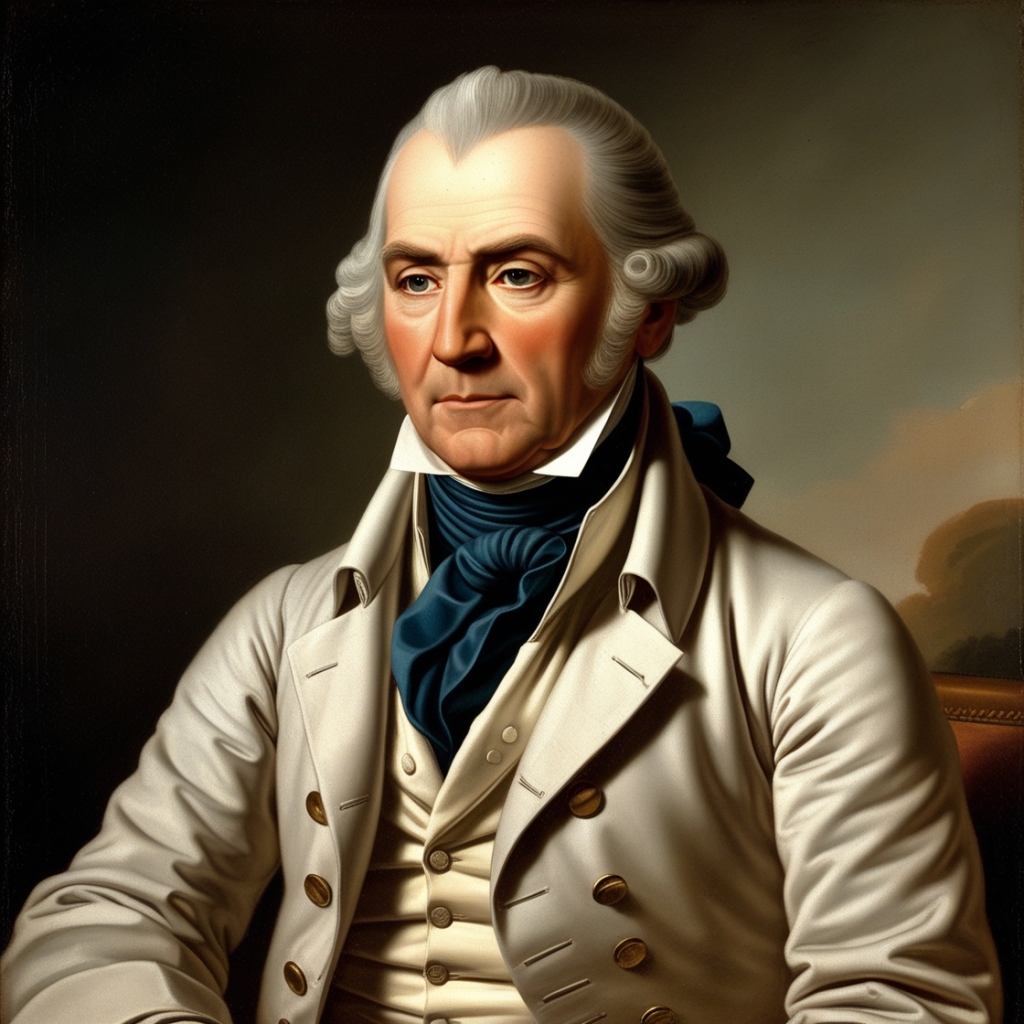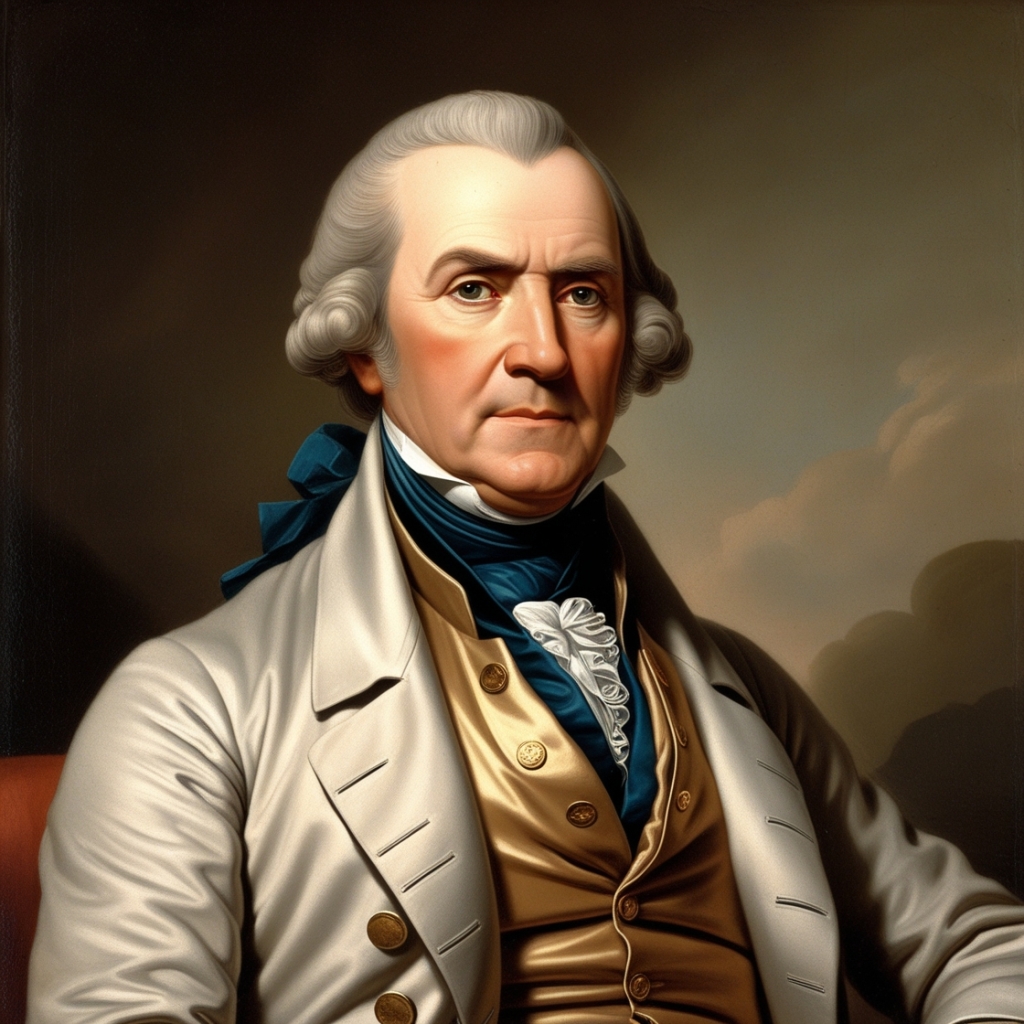William Henry Harrison, the ninth President of the United States, remains a fascinating figure in American history. Born on February 9, 1773, in Charles City County, Virginia, Harrison came from a prominent political family with a strong legacy of public service. His father, Benjamin Harrison V, was a signer of the Declaration of Independence.
Early Life and Military Career

Harrison’s early life was marked by a commitment to education and a sense of duty instilled by his family. He attended Hampden-Sydney College before transferring to the University of Pennsylvania, where he studied medicine briefly before deciding to pursue a military career.
Joining the military in 1791, Harrison distinguished himself during the Northwest Indian War (1790-1795), particularly at the Battle of Fallen Timbers in 1794, where he served under General “Mad” Anthony Wayne. This victory secured American control over the Northwest Territory, laying the groundwork for future expansion.
Political Ascent and Contributions
https://www.paypal.com/paypalme/Historicalexplorer
Transitioning from military service to politics, Harrison served as the delegate for the Northwest Territory in the U.S. Congress from 1799 to 1800. His tenure coincided with pivotal moments in U.S. history, including debates over the expansion of slavery and the organization of new territories.
Harrison’s role expanded as he became the Governor of the Indiana Territory in 1801, a position he held for 12 years. During his governorship, he negotiated numerous treaties with Native American tribes, which opened up land for settlement while attempting to mitigate conflicts.

Presidential Ambitions and Legacy
In 1840, William Henry Harrison ran for the presidency as a Whig candidate, positioning himself as a military hero and a man of the people. His campaign slogan, “Tippecanoe and Tyler Too,” highlighted his military victory at the Battle of Tippecanoe and boosted his popularity among voters.
Despite his brief tenure in office—he served only 31 days before succumbing to pneumonia—Harrison’s presidency is notable for several reasons. He was the first president to die in office, sparking a constitutional crisis that led to the clarification of the line of succession. His short presidency, though brief, set a precedent for future administrations.
William Henry Harrison: A Journey Through Life and Career
William Henry Harrison, the ninth President of the United States, remains a fascinating figure in American history. Born on February 9, 1773, in Charles City County, Virginia, Harrison came from a prominent political family with a strong legacy of public service. His father, Benjamin Harrison V, was a signer of the Declaration of Independence.
Early Life and Military Career
Harrison’s early life was marked by a commitment to education and a sense of duty instilled by his family. He attended Hampden-Sydney College before transferring to the University of Pennsylvania, where he studied medicine briefly before deciding to pursue a military career.
Joining the military in 1791, Harrison distinguished himself during the Northwest Indian War (1790-1795), particularly at the Battle of Fallen Timbers in 1794, where he served under General “Mad” Anthony Wayne. This victory secured American control over the Northwest Territory, laying the groundwork for future expansion.
Political Ascent and Contributions
Transitioning from military service to politics, Harrison served as the delegate for the Northwest Territory in the U.S. Congress from 1799 to 1800. His tenure coincided with pivotal moments in U.S. history, including debates over the expansion of slavery and the organization of new territories.
Harrison’s role expanded as he became the Governor of the Indiana Territory in 1801, a position he held for 12 years. During his governorship, he negotiated numerous treaties with Native American tribes, which opened up land for settlement while attempting to mitigate conflicts.
Presidential Ambitions and Legacy

In 1840, William Henry Harrison ran for the presidency as a Whig candidate, positioning himself as a military hero and a man of the people. His campaign slogan, “Tippecanoe and Tyler Too,” highlighted his military victory at the Battle of Tippecanoe and boosted his popularity among voters.
Despite his brief tenure in office—he served only 31 days before succumbing to pneumonia—Harrison’s presidency is notable for several reasons. He was the first president to die in office, sparking a constitutional crisis that led to the clarification of the line of succession. His short presidency, though brief, set a precedent for future administrations.
Political and Legislative Achievements
During his short time as president, Harrison made several notable political and legislative contributions:
- Inaugural Address: Harrison delivered the longest inaugural address in U.S. history, lasting nearly two hours, on March 4, 1841. Despite the length, his speech set a precedent for the tone and style of future inaugural addresses.
- Economic Policies: Harrison advocated for economic reforms, including the establishment of a national banking system and protective tariffs to promote American industry. These policies were in line with Whig Party principles of economic development and modernization.
- Indian Policy: Building on his experience as Governor of the Indiana Territory, Harrison sought to reform Indian policy. He proposed assimilation rather than removal of Native American tribes, although his presidency was too brief to see significant legislative action on this front.
- Executive Leadership: Harrison’s presidency highlighted the power of the executive branch in setting the agenda for the nation. Despite his short time in office, he laid the groundwork for legislative initiatives that would be pursued by his successor, John Tyler.
William Henry Harrison: A Journey Through Life and Career
William Henry Harrison, the ninth President of the United States, remains a fascinating figure in American history. Born on February 9, 1773, in Charles City County, Virginia, Harrison came from a prominent political family with a strong legacy of public service. His father, Benjamin Harrison V, was a signer of the Declaration of Independence.
Early Life and Military Career
Harrison’s early life was marked by a commitment to education and a sense of duty instilled by his family. He attended Hampden-Sydney College before transferring to the University of Pennsylvania, where he studied medicine briefly before deciding to pursue a military career.
Joining the military in 1791, Harrison distinguished himself during the Northwest Indian War (1790-1795), particularly at the Battle of Fallen Timbers in 1794, where he served under General “Mad” Anthony Wayne. This victory secured American control over the Northwest Territory, laying the groundwork for future expansion.
Political Ascent and Contributions
Transitioning from military service to politics, Harrison served as the delegate for the Northwest Territory in the U.S. Congress from 1799 to 1800. His tenure coincided with pivotal moments in U.S. history, including debates over the expansion of slavery and the organization of new territories.
Harrison’s role expanded as he became the Governor of the Indiana Territory in 1801, a position he held for 12 years. During his governorship, he negotiated numerous treaties with Native American tribes, which opened up land for settlement while attempting to mitigate conflicts.
Presidential Ambitions and Legacy
In 1840, William Henry Harrison ran for the presidency as a Whig candidate, positioning himself as a military hero and a man of the people. His campaign slogan, “Tippecanoe and Tyler Too,” highlighted his military victory at the Battle of Tippecanoe and boosted his popularity among voters.
Despite his brief tenure in office—he served only 31 days before succumbing to pneumonia—Harrison’s presidency is notable for several reasons. He was the first president to die in office, sparking a constitutional crisis that led to the clarification of the line of succession. His short presidency, though brief, set a precedent for future administrations.
Political and Legislative Achievements
During his short time as president, Harrison made several notable political and legislative contributions:
- Inaugural Address: Harrison delivered the longest inaugural address in U.S. history, lasting nearly two hours, on March 4, 1841. Despite the length, his speech set a precedent for the tone and style of future inaugural addresses.
- Economic Policies: Harrison advocated for economic reforms, including the establishment of a national banking system and protective tariffs to promote American industry. These policies were in line with Whig Party principles of economic development and modernization.
- Indian Policy: Building on his experience as Governor of the Indiana Territory, Harrison sought to reform Indian policy. He proposed assimilation rather than removal of Native American tribes, although his presidency was too brief to see significant legislative action on this front.
- Executive Leadership: Harrison’s presidency highlighted the power of the executive branch in setting the agenda for the nation. Despite his short time in office, he laid the groundwork for legislative initiatives that would be pursued by his successor, John Tyler.
Domestic and Foreign Affairs
While Harrison’s presidency was short-lived, his administration laid the groundwork for both domestic policies and foreign relations:
- Domestic Policy: Harrison’s focus on economic reforms aimed to stabilize the nation’s financial system and promote industrial growth. His support for protective tariffs and a national banking system reflected the Whig Party’s commitment to economic modernization.
- Foreign Policy: During his brief time in office, Harrison did not have significant foreign policy initiatives. However, his background in military affairs and his experience with Native American diplomacy provided a foundation for future administrations to build upon in handling international relations.
Legacy and General Esteem
William Henry Harrison’s legacy is primarily defined by his military service, brief presidency, and the political principles he championed. Despite the brevity of his time in office, Harrison’s commitment to public service and his contributions to American expansion and governance are remembered.
In general esteem, Harrison is recognized for his role in shaping early American political institutions and his efforts to navigate the complexities of a rapidly expanding nation. His dedication to economic reform and his vision for Native American relations left lasting impressions on American policy and governance.
Conclusion
William Henry Harrison’s journey from military commander to President serves as a testament to the evolving nature of American democracy and leadership. His story resonates with lessons of courage, dedication, and the enduring pursuit of public service, making him a figure worthy of admiration and study in the annals of American history. Despite his presidency being cut short, Harrison’s impact on American political culture and governance remains palpable, underscoring his place as a pivotal figure in the nation’s early years.



Leave a comment